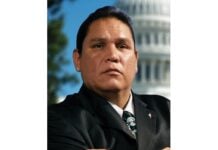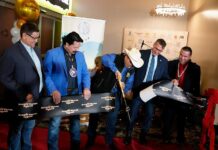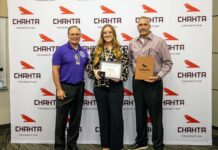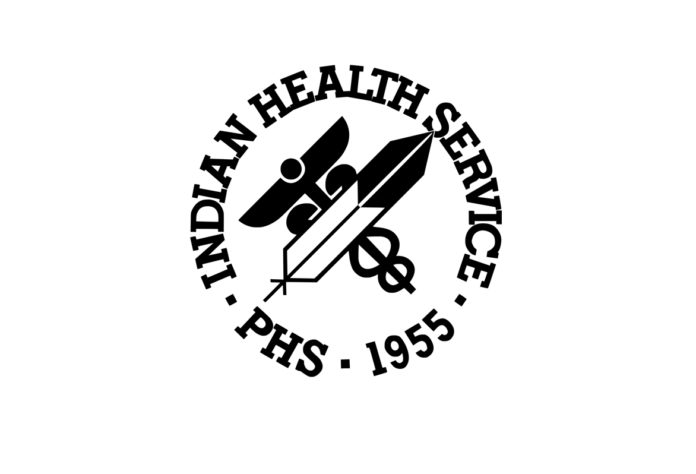WASHINGTON, D.C. – The Indian Health Service (IHS) has awarded $25 million to 14 tribes and tribal organizations as part of a competitive Small Ambulatory Program to fund the construction, expansion or modernization of small ambulatory health care facilities.
The IHS Small Ambulatory Program supports tribes that are working to expand access to various outpatient services for patients. This includes offering new services, expanding existing services, and upgrading outdated facilities. Since the program began in 2001, over 60 projects have been funded, totaling more than $99 million.
“Small ambulatory health care facilities are an important part of the health care delivery system across Indian Country,” said Elizabeth Fowler, IHS Acting Director. “For years, the IHS Small Ambulatory Program has been helping our tribal partners expand access to quality health care in Native communities, and we look forward to that continuing with this round of funding.”
The following tribes and tribal organizations received funding:
| Recipient | Location | Amount |
|---|---|---|
| Alaska Native Tribal Health Consortium\ | Anchorage, Alaska | $2,000,000 |
| Southcentral Foundation | Anchorage, Alaska | $2,000,000 |
| The Native Community of Akiachak | Akiachak, Alaska | $2,000,000 |
| Kodiak Area Native Association | Kodiak, Alaska | $2,000,000 |
| Ninilchik Village Tribe | Ninilchik, Alaska | $1,960,000 |
| Seldovia Village Tribe | Seldovia, Alaska | $2,000,000 |
| Pit River Health Service | Burney, California | $2,000,000 |
| Karuk Tribe | Happy Camp, California | $1,932,560 |
| Blackfeet Tribe of the Blackfeet Reservation | Browning, Montana | $2,000,000 |
| Seneca Nation of Indians | Salamanca, New York | $656,986 |
| Ponca Tribe of Oklahoma | Ponca City, Oklahoma | $600,000 |
| Citizen Potawatomi Nation | Shawnee, Oklahoma | $2,000,000 |
| Alabama-Coushatta Tribe of Texas | Livingston, Texas | $2,000,000 |
| Paiute Indian Tribe of Utah | Cedar City, Utah | $2,000,000 |
The Small Ambulatory Program is one of the programs under the Division of Facilities Planning and Construction, which works to promote and facilitate engineering planning and construction support for the IHS national facilities program by developing and enhancing relationships among tribes, IHS area offices, service unit engineers and related professionals dealing in building health care systems.
This division is part of the Office of Environmental Health and Engineering, which supports IHS and tribal communities by providing functional, well maintained health care facilities and staff housing, technical and financial assistance to tribes on safe water and wastewater systems, and a broad range of environmental health and injury prevention activities throughout Indian Country.
The IHS, an agency in the U.S. Department of Health and Human Services, provides a comprehensive health service delivery system for approximately 2.6 million American Indians and Alaska Natives who belong to 574 federally recognized tribes in 37 states.















































